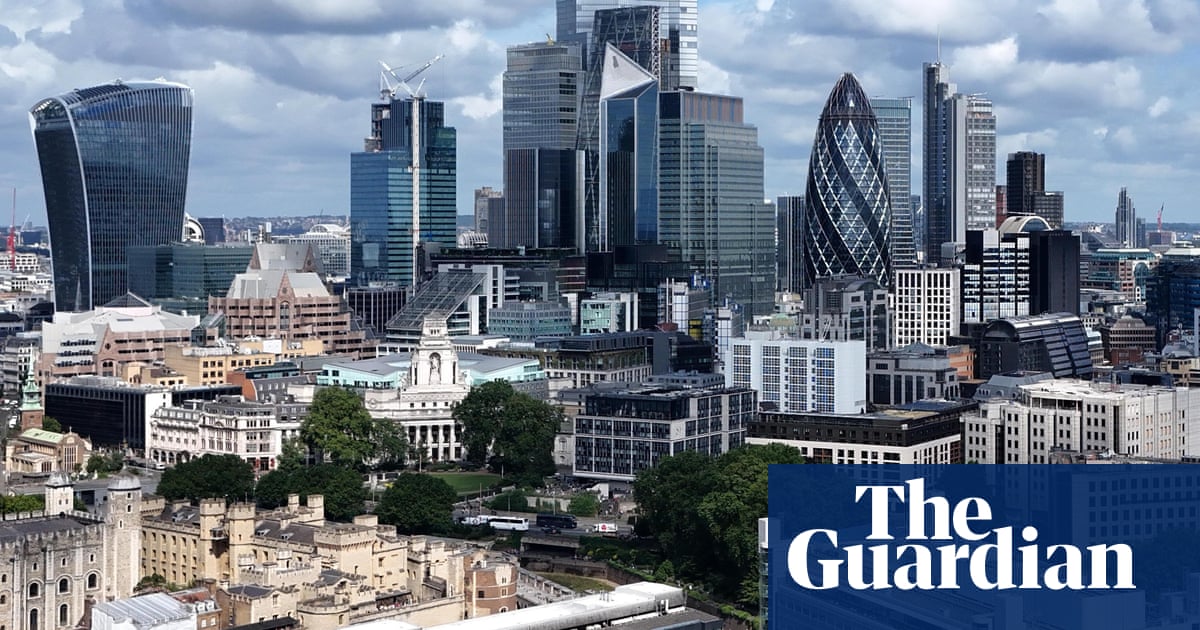The analysis by the Equality Trust reveals a stark increase in wealth concentration in the UK, with the nation’s richest families accumulating unprecedented wealth at the expense of the broader population.
- The number of billionaires in the UK rose dramatically from 15 in 1990 to 165 in 2024, underscoring a significant increase in wealth inequality.
- The average wealth of billionaires surged by over 1,000% during this period, highlighting the vast disparity in wealth accumulation.
- The top 50 richest families in the UK collectively possess more wealth than the poorest half of the population, which amounts to over 34 million people.
- The two richest billionaires in 2024 hold more wealth than all the billionaires listed in 1990, indicating a concentration of extreme wealth.
- Key sources of this wealth—property, inheritance, and finance—are criticized for contributing to societal and environmental harm, rather than fostering equitable growth.
- Activists argue that the current economic model creates “job eradicators” rather than job creators, as larger corporations increasingly dominate at the expense of smaller businesses.
- There is a call for serious reevaluation of economic structures that allow such extreme wealth disparities to persist, suggesting that it is a choice rather than an inevitability associated with wealth.
- Proponents of wealth redistribution suggest implementing a 2% wealth tax on billionaires, which could have generated substantial national funds for societal benefits.
- The analysis emphasizes a growing consensus that extreme wealth inequality is detrimental to society, urging policymakers to address it as a central issue.
- Overall, the findings indicate a need for structured policy changes aimed at reducing wealth concentration and fostering a more equitable economy.



Yeah but that would literally hurt people in charge, asshole, get back to bootlicking immediately